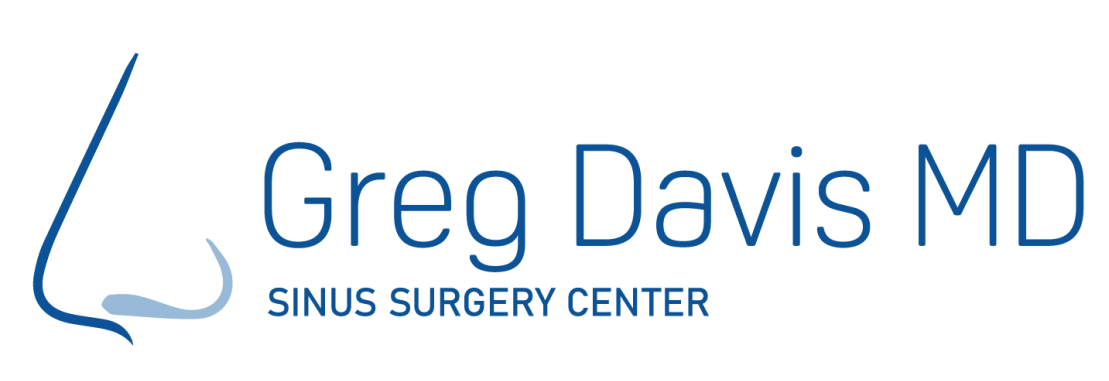Understanding the Connection Between Nasal Health and Dental Discomfort
Have you ever felt a strange ache or pressure in your upper teeth and assumed it was a weird toothache? What if the culprit wasn't your tooth at all, but something happening higher up—in your sinuses? If you also suffer from congestion or a reduced sense of smell, you might be wondering: Could a nasal polyp cause tooth pain?
The short answer is no, not directly, but yes, indirectly in a significant way. A nasal polyp itself won't physically touch the nerves of your teeth. However, the pressure and congestion caused by large nasal polyps can absolutely lead to sensations of pain, pressure, and aching in your upper teeth. Let's break down this surprising connection.
Nasal Polyps and Your Sinuses
First, it's helpful to know what we're dealing with.
- What are Nasal Polyps? Nasal polyps are soft, noncancerous, painless growths that develop on the lining of your nasal passages or sinuses. They often result from chronic inflammation, such as that seen in allergies, asthma, or recurring infections. Think of them like small, dangling grapes inside your sinus cavities.
- What are the Sinuses? Your sinuses are hollow, air-filled spaces in the bones around your nose. The most relevant ones for tooth sensation are the maxillary sinuses. These are located directly above your upper jaw and the roots of your upper back teeth (premolars and molars). In fact, the floor of the maxillary sinus is separated from the roots of these teeth by only a very thin layer of bone, and sometimes the tooth roots even protrude into the sinus.
How a Nasal Polyp Can Lead to Tooth Pain
This is where the connection becomes clear. Large or multiple nasal polyps can block the narrow openings that allow your sinuses to drain.
- Blockage and Sinusitis: When polyps block these openings, mucus and fluid become trapped inside the sinuses, particularly the maxillary sinuses. This leads to a condition called sinusitis (a sinus infection).
- Increased Pressure: As fluid builds up in the maxillary sinus with no way to drain, the pressure inside the sinus cavity increases dramatically.
- Pressure on Nerves: This increased pressure pushes down on the thin bone separating the sinus from the roots of your upper teeth. The pressure can affect the tiny nerves and blood vessels that serve your teeth. This doesn't typically cause a sharp, cavity-like pain. Instead, it more commonly causes:
- A dull ache or pressure in the upper teeth.
- A feeling of "fullness" in the cheek area.
- Pain that affects several teeth at once on one side of your face.
This is why you might feel pain in your teeth that seems to have no dental cause. The nerve is being compressed and irritated from above by the pressurized sinus.
Is It a Dental Problem or a Sinus Problem? Key Differences
It can be tricky to tell the difference. Here’s a simple guide:
| Symptom | Likely a Sinus Issue (from Nasal Polyps) | Likely a Dental Issue |
|---|---|---|
| Pain Location | Affects several upper teeth on one side | Usually isolated to one specific tooth |
| Type of Sensation | Dull ache, pressure, fullness | Sharp, throbbing, specific pain |
| Triggers | Worsens when bending over or with head movements | Triggered by hot, cold, or sweet foods or biting down |
| Other Symptoms | Accompanied by nasal congestion, postnasal drip, facial pressure, reduced smell | May have visible tooth decay, gum swelling, or an abscess |
When to See a Doctor and Which One?
If you're experiencing tooth pain along with other sinus symptoms, it's important to seek professional help.
- Start with an ENT: An Ear, Nose, and Throat (ENT) specialist is the best doctor to diagnose nasal polyps. They can perform a nasal endoscopy (using a tiny camera) to look inside your sinuses.
- Don't Ignore Your Dentist: A dental check-up is also important. Your dentist can take X-rays to rule out a dental abscess, cavity or crack that could be causing the pain. A dental X-ray can sometimes even show signs of sinusitis.
Often, a collaborative approach between your ENT and dentist provides the clearest answer.
Relieving the Pressure and Pain
Treating the underlying sinus issue is key to resolving the tooth pain.
Treatment for nasal polyps
may include:
- Nasal Corticosteroid Sprays: To reduce inflammation and shrink polyps
- Oral Corticosteroids: For short-term, significant reduction of large polyps
- Saline Rinses: To flush out irritants and mucus
- Other Medications: For more severe cases, this can include biologic drugs that target specific immune pathways, or a corticosteroid implant that is placed directly in the sinus.
- Surgery (Functional Endoscopic Sinus Surgery - FESS): In persistent cases, surgery to remove the polyps and open the sinus passages may be necessary.
Once the sinus pressure is relieved, the pain in your teeth should subside.
If you are experiencing unexplained tooth pain, especially alongside sinus symptoms like congestion, it's important to consult a healthcare professional.
Schedule an appointment with an Ear, Nose, and Throat (ENT) specialist in your area for an accurate diagnosis and personalized treatment plan.



